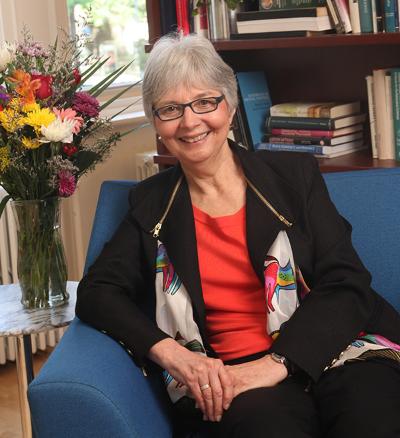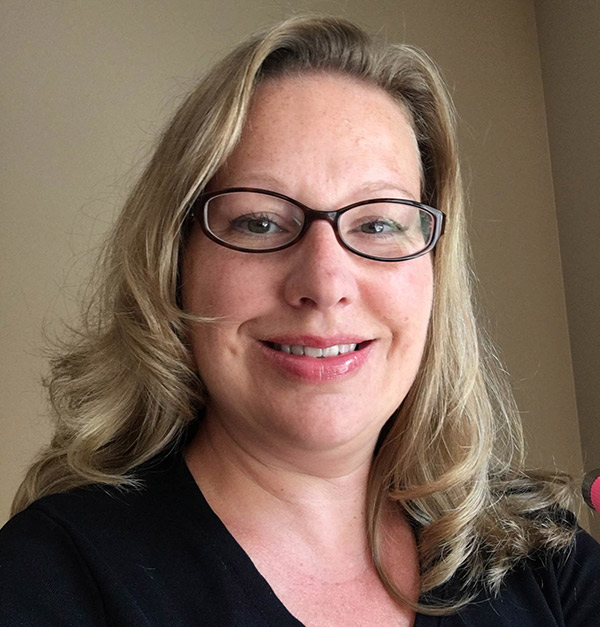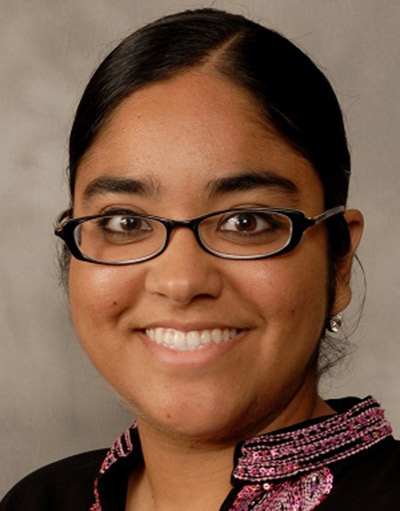Addressing a Critical Need in Nursing Education

"Nurse educators have one of the hardest jobs in higher education. Often, aspiring nurses have no college degree, are young, naive and very inexperienced. The job of the nurse educator is to turn them into safe and responsible professionals in a very short time."
—Kathleen O'Connell, Isabel Maitland Stewart Professor of Nursing Education
When Ursulapearl Nwabueze was casting around for a doctoral program in nursing education, she had two priorities. First, Nwabueze, a Brooklyn-based nurse who also teaches in the City University of New York’s College of Technology, needed to keep working. And second, beyond seeking a credential that would enhance her teaching career, she was looking to genuinely improve her skills at the head of a classroom or clinical and skills lab.
“There are not many programs aimed at teaching teachers how to teach,” she says.
Enter Teachers College’s new nursing education doctoral program, which is launching this fall with Nwabueze as a part of its inaugural cohort.
The new program is offered fully online to students with a master’s degree in nursing who want to become leaders in the academic or health care setting without missing a beat on the job.
“Nurses tend not to go straight to graduate school,” says Kathleen O’Connell, TC’s Isabel Maitland Stewart Professor of Nursing Education, who is the new program’s creator and founding director. “They work, get married, have kids, buy a house and only then do they start to think: what’s next? Because they tend to be more mid-career when they go back to get a master’s or doctorate, they can’t necessarily pick up their families and move to the best program. In order to tap into the talented people across the country, the online format seemed the best way to go.”

"There are no brick-and-mortar programs that are within driving distance for me, so if this were not available, getting my doctorate would not be an option. The fact that it was focused on nursing education was very appealing, because I think that nursing education is so specialized."
—Kimberlee-Ann Bridges, TC nursing education doctoral student
But TC’s program also responds to the growing recognition that the preparation of nurse educators requires a special expertise in pedagogy as well as in nursing – an expertise less commonly found in schools predominantly focused on preparing nurses themselves. Thus the program is unique among the handful of nursing doctoral programs in the nation because it offers an Ed.D. rather than a Ph.D., focusing participants on research related to nursing education.
The need for that expertise is especially acute because of the changing face of nursing in the United States. According to a 2013 report by the U.S. Health Resources & Services Administration, more than 60 percent of those studying to become registered nurses lack a bachelor’s degree. A growing number also come from outside the United States.
“Nurse educators have one of the hardest jobs in higher education,” O’Connell says. “Often, aspiring nurses have no college degree, are young, naive and very inexperienced. The job of the nurse educator is to turn them into safe and responsible professionals in a very short time.”
No institution is better positioned help nurse educators in that work than Teachers College. The College launched the nation’s first university-based nursing education program in 1899 and subsequently produced thousands of nurse educators, including many of the most prominent figures in the history of the field. During the latter part of the 20th century, nurse educators increasingly came out of nursing schools – but to a large extent, they lacked deep preparation as teachers, the assumption being, essentially, that simply being an experienced nurse qualified one to train other nurses.

“Our new online doctoral program is truly unique in that students around the country have the opportunity to engage in scholarly discussions, interactive classes, and collaborative research projects through an online environment.”
—Tresa Dusaj, Lecturer, TC Nursing Education Doctoral Program
Now, with more than 1,200 nursing faculty positions vacant nationwide due to a lack of candidates with doctoral degrees, the pendulum is swinging back toward the view that, in nursing as in other fields, education schools, with their expertise in pedagogy, should take the lead in “teaching the teachers.” That shift became more explicit this past summer when the Jonas Center for Nursing and Veterans Healthcare awarded four of its prestigious scholarships to students in TC’s new program – the first time the Center, which is the leading philanthropic supporter of graduate nursing education, has ever given scholarships to students at an education school.
“The Jonas Scholar program was a wonderful surprise,” says recipient Amanda Willey, Instructor, Department of Nursing, Salisbury University, Maryland. “I had already accepted the offer to attend Teachers College and was working on the financial part of it when the Jonas information was sent to me.”
Beyond financial assistance, the scholarship provides opportunities for leadership development and networking opportunities. But that, as TC’s faculty see it, is the gravy.
“Our new online doctoral program is truly unique in that students around the country have the opportunity to engage in scholarly discussions, interactive classes, and collaborative research projects through an online environment,” says Tresa Dusaj, a full-time lecturer at TC who was brought on specifically to help enhance this program. “This opportunity lends itself well to the nurse who is juggling multiple roles personally and professionally. ”
“I believe that offering this program will affect the way nurses are taught around the country,” O’Connell says. “I hope that the students take what they learn here, continue to further the profession’s research, and become leaders in their schools and in their fields.”
That scenario certainly appeared likely one evening in early August when – the program’s online format notwithstanding – the 11 members of the inaugural cohort gathered for dinner at O’Connell’s home on the eve of a weeklong special orientation.
“There are no brick-and-mortar programs that are within driving distance for me, so if this were not available, getting my doctorate would not be an option,” said Kimberlee-Ann Bridges, Care Coordinator at Western Connecticut Health Network and Adjunct Professor at Western Connecticut State University. “I love that this is online, but that there are also times during the program where we’ll be able to meet on campus as a group. The fact that it was focused on nursing education was very appealing, because I think that nursing education is so specialized.”
“This program is desperately needed to ensure that there are nursing educators who are skilled in teaching,” added Nwabueze. “I know the reputation that Teachers College has, and I want to be a part of that learning process.”
– Amanda Lang
Published Friday, Oct 7, 2016